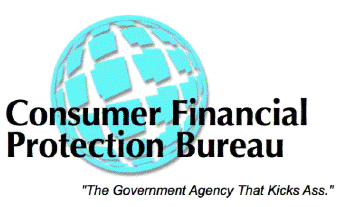
In August, a D. C. Circuit Court issued a stay on a ruling by the CFPB’s director to fine mortgage services company PHH $109.2 million for violating the Real Estate Settlement Procedures Act by accepting kickbacks attached to loans made before July 21, 2008. However, Administrative Law Judge Cameron Elliott ruled attached kickbacks should be applied to loans made after July 21, 2008, amounting to $6.5 million. PHH petitioned a three-judge appeals panel which then issued a stay of the fine.
According to The Wall Street Journal, Judge Brett Kavanaugh called the structure of the CFPB “very problematic” that a government official could unilaterally overturn a financial practice that had been acceptable for years. “You are concentrating huge power in a single person and the president has no power over it,” he said. The court has an underlying assumption that if a practice is widespread, those participating must think it is acceptable under RESPA.
While the ruling from the panel is expected to be issued in several weeks, this is the first in a salvo of charges against the CFPB that is so far successful in challenging its all encompassing power.
Jennifer Lee, a former CFPB enforcement attorney and now a partner at the international law firm Dorsey & Whitney, stated, “The D.C. Circuit was hostile towards the CFPB’s arguments on statute of limitations, separation of powers, constitutionality of the agency, penalty calculation, and the CFPB’s interpretation of the Real Estate Settlement Procedures Act when it comes to defining a kickback.”
The judges questioned how a government entity with such sweeping, unchecked powers can be held accountable to the people it is supposed to serve. In this instance with PHH, the kickbacks for the referrals did not alter the ultimate cost to the consumer.
Said Lee, “At a minimum, the agency may need to revisit its RESPA enforcement program and scrub its investigations docket to parse out actual harm versus theoretical harm cases.” ##
(Image credit: letsgetoutofdebt/Steve Rhodes)


























